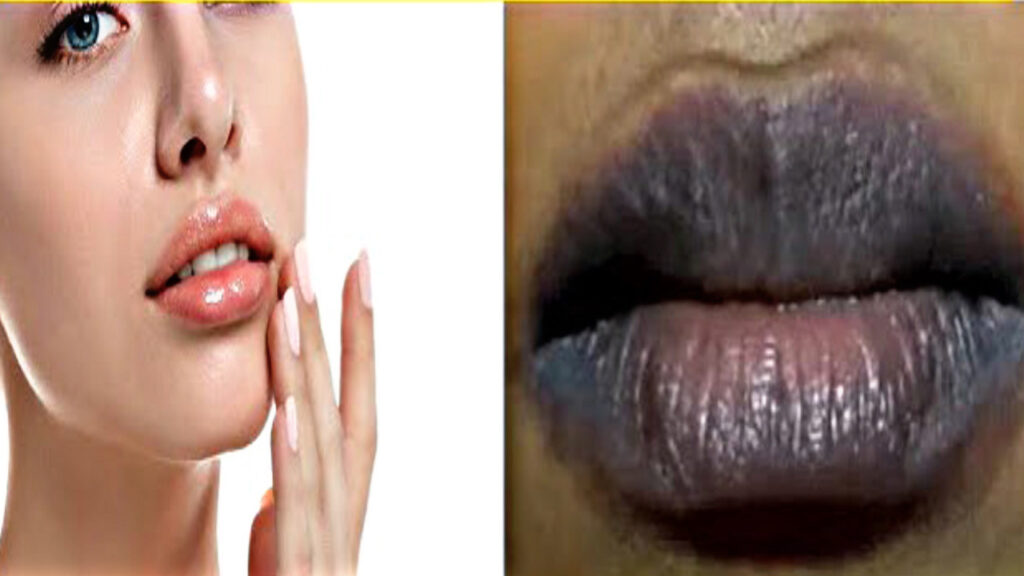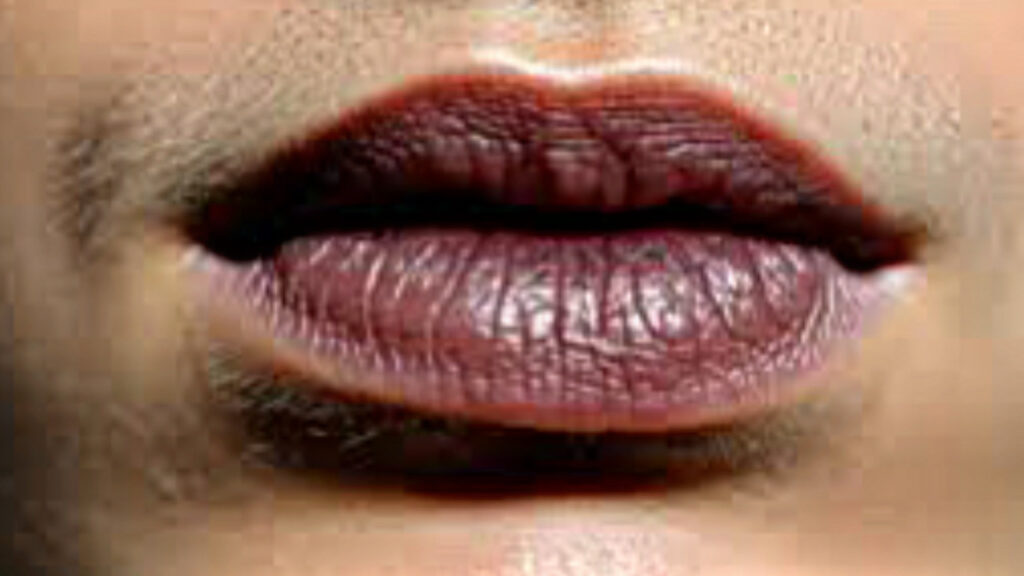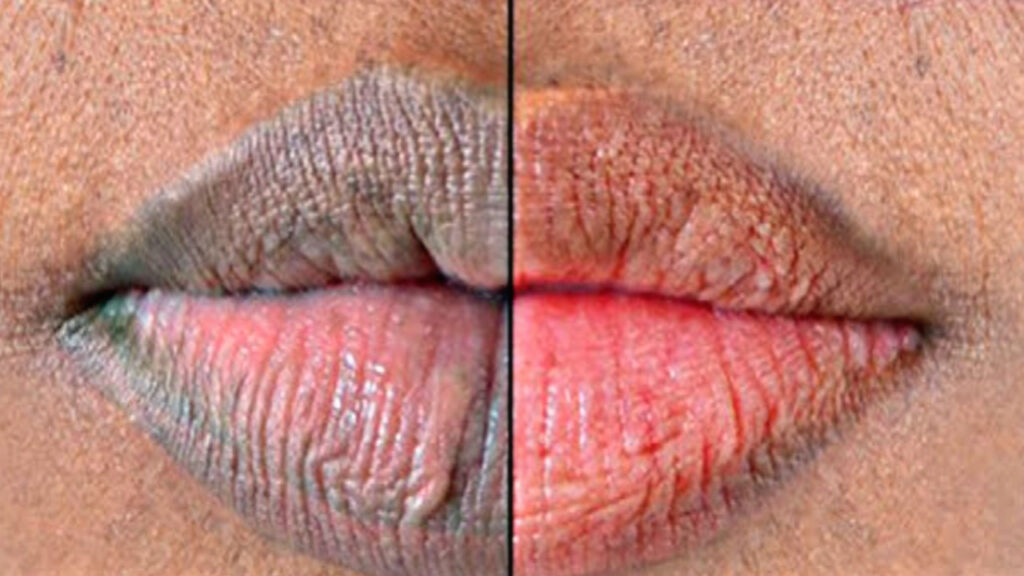Lips
Darkening of the lips is a common concern faced by many individuals. While external factors like sun exposure, smoking, dehydration, and use of low-quality lip products are well-known causes, one often overlooked reason is vitamin deficiency. Certain vitamins play a vital role in maintaining the natural color, softness, and health of the lips. When the body lacks these nutrients, the lips can lose their natural pink shade and start appearing dark or discolored.

The Role of Vitamins in Lip Health
Lips, being one of the most delicate parts of the body, lack oil glands and rely heavily on external care and internal nutrition. Just like skin, lips can show signs of poor health through dryness, cracking, or discoloration. A balanced intake of vitamins ensures healthy blood circulation, proper cell regeneration, and protection against environmental damage – all of which contribute to maintaining the natural tone of your lips.
Let’s explore the specific vitamins whose deficiency can lead to lip darkening:
1. Vitamin B12 (Cobalamin)
One of the most common vitamin deficiencies linked to dark lips is Vitamin B12 deficiency. This vitamin plays a crucial role in red blood cell formation and oxygen transport. When the body lacks enough B12, it can lead to hyperpigmentation, not just on the skin but also on the lips.
Symptoms of Vitamin B12 deficiency may include:
- Fatigue
- Pale or yellowish skin
- Tingling sensation in hands and feet
- Dark or purplish lips
Vegetarians and vegans are more prone to this deficiency since Vitamin B12 is mostly found in animal products.
2. Vitamin B9 (Folate/Folic Acid)
Folic acid helps in the production and repair of DNA and supports the formation of healthy cells. Its deficiency can result in poor blood circulation, leading to dull or darker lips. Low folate levels may also cause cracked corners of the mouth and inflammation.
Foods rich in folate include leafy greens, citrus fruits, beans, and fortified cereals.

3. Vitamin B2 (Riboflavin)
Riboflavin deficiency is often associated with chapped lips, redness, and cracks at the corners of the mouth. Over time, this can lead to discoloration and a darker appearance. Since Vitamin B2 helps maintain healthy skin and tissues, its shortage can make the lips look unhealthy.
Good sources of riboflavin include milk, eggs, almonds, mushrooms, and spinach.
How to Prevent or Treat Dark Lips from Vitamin Deficiency
If your dark lips are caused by a lack of vitamins, correcting your diet is the first step. Here are some tips:
- Eat a balanced diet rich in B-complex vitamins.
- Consider taking a multivitamin supplement after consulting a healthcare provider.
- Stay hydrated to support overall skin health.
- Avoid smoking and excessive caffeine, which can contribute to lip pigmentation.
Dark lips are not always a cosmetic issue – they could be your body’s way of signaling a nutritional imbalance. Deficiencies in vitamins like B12, B9, and B2 can lead to pigmentation and other lip-related problems. By understanding the connection between vitamins and lip health, and making the necessary lifestyle changes, you can restore the natural beauty of your lips over time.





